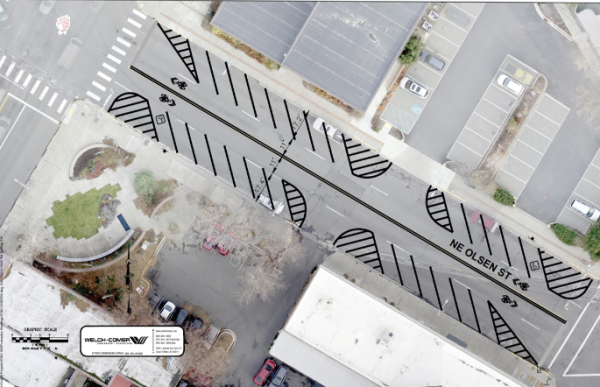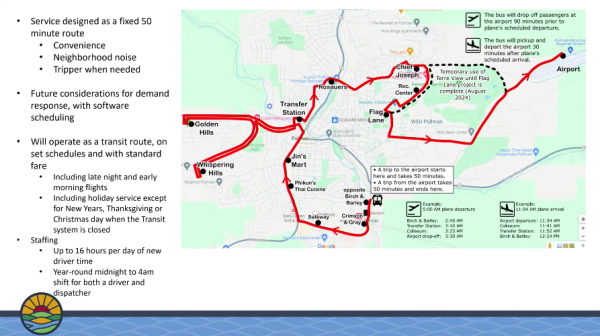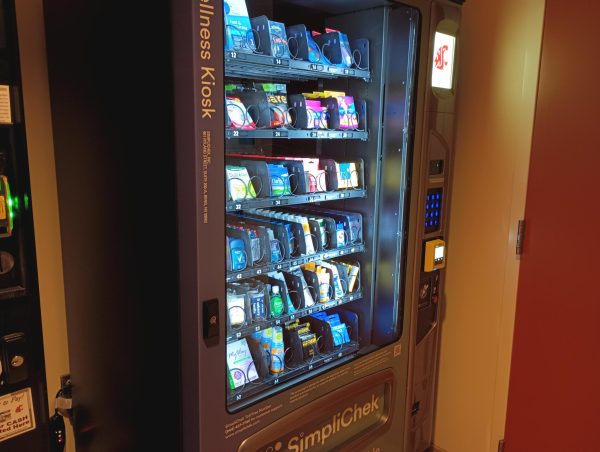Wash. DUI emphasis reaches Pullman
September 11, 2013
To tackle the problem of drinking and driving, three local police forces came together with the Washington State Traffic Safety Commission (WSTSC) to create a DUI emphasis campaign.
The Whitman County Sheriff’s Office, Pullman Police Department, and WSU Police Department were part of a greater campaign by the WSTSC that included Spokane, Ferry and Pend Oreille Counties. According to a WSTSC press release 119 motorists were arrested on DUI charges during the emphasis period.
The campaign titled “Drive Sober or Get Pulled Over” went into effect on Aug. 24 and 31, and Sept. 1. It will continue into the next year, said Pullman Police Cmdr. Chris Tennant.
“I hope that the word will spread that we are participating in regular DUI emphasis patrols in conjunction with Pullman PD and WCSO, which will have a deterrent effect on the WSU and Pullman communities,” WSU Police Officer Kelly Stewart said.
Tennant said the WSTSC gave the police forces grants for the emphasis and their goal was to have a minimum of three traffic stops per hour.
While officers are always on the lookout for drunk driving, he said, this grant paid for overtime pay of officers to specifically target DUI enforcement.
Whitman County Police Officer Brett Myers said, “DUI enforcement is a priority for our region and keeping our roads safe is the main goal of any type of enforcement activity. I expect to see several additional campaigns this year focused on impaired driving.”
The WSTSC shot five TV commercials, some including the idea that police will see you before you see them when driving under the influence.
The other ads showed how DUIs affect your bank account and require community service commitments. Another shows how the ignition interlock installed after a DUI can affect future relationships.
Tennant said he believes these ads increase community awareness that drunk driving is still a problem.
“Hopefully this prevents people from driving drunk by thinking ahead of time,” he said.
Tennant said people usually don’t plan on driving drunk before they go out, but that they typically start drinking without a plan to get home.
Since alcohol affects reasoning and judgment, they don’t feel too drunk to drive and believe they are fine to drive, so they jump into their car without thinking, he said.
Tennant said there are many options on campus such as late night taxis, transit services, and of course walking to prevent a DUI.





















